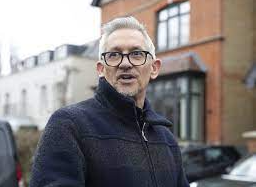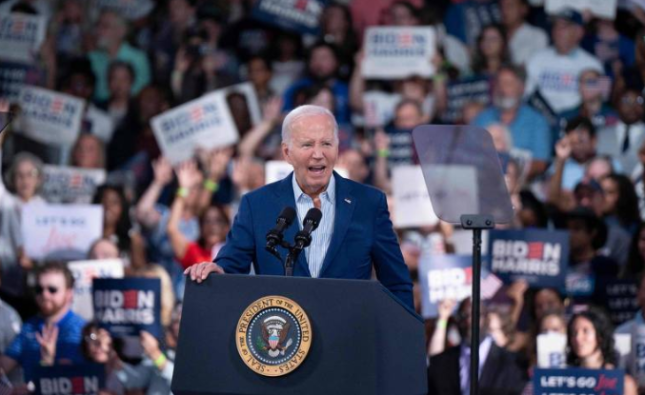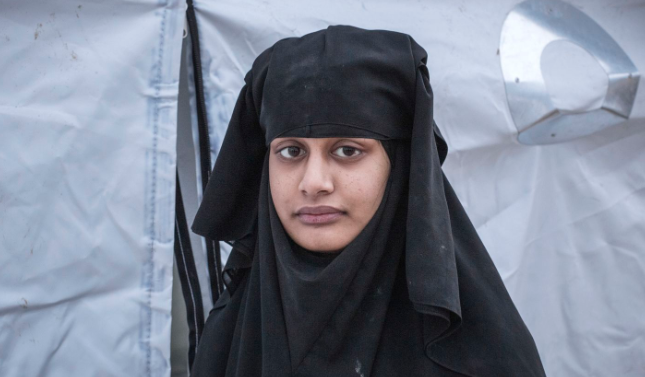
Should Celebrities Hold Their Employers to Ransom?
The recent saga involving Gary Lineker and the BBC has sparked intense debate about the role of celebrities in holding corporations accountable. Lineker’s reinstatement, following his controversial tweet, was reportedly influenced by Prime Minister Rishi Sunak’s intervention, underscoring the complexities of celebrity influence in today’s media landscape.
While this incident may feel like a significant victory for Lineker and his supporters, it raises important questions about the balance of power between public figures and the organizations they represent. Sunak’s comment that the BBC and Lineker should resolve their issues “in a timely fashion” suggests that even political leaders recognize the weight of celebrity in shaping public discourse.
At the heart of this issue is the BBC’s need to review its guidelines, as they seem inconsistent and often subjective. Different celebrities, from Alan Sugar to David Attenborough, have faced varying responses for similar actions, highlighting the inadequacy of a “one size fits all” approach to social media conduct. Lineker’s case has become emblematic of this inconsistency, reflecting a broader cultural struggle over the limits of free expression in the public sphere.
Lineker’s situation can be likened to a modern-day David versus Goliath narrative. His stature and loyalty from fans and colleagues made it difficult for the BBC to sever ties, despite their claims of rule-breaking. The ambiguity of the guidelines concerning his contract only further complicated the situation, revealing a weak case against him. If the BBC had substantial grounds for dismissal, it could have acted swiftly. Instead, the organization found itself in a precarious position, unable to silence a voice that resonates with many.
This incident raises a critical point: if a public figure expresses opinions that align with a significant portion of the population, can their employer justifiably impose restrictions on their speech? Lineker’s views, particularly on pressing issues like the humanitarian crisis in Ukraine or the plight of nurses advocating for better conditions, reflect widely held sentiments. Attempts to silence him are often rooted in political motivations rather than genuine concern for impartiality.
The fallout from this controversy demonstrates that while celebrities hold considerable influence, they are not invulnerable to the repercussions of their actions. However, the outcome suggests a trend where celebrity power can challenge corporate authority, albeit not without its own risks. There are instances where the balance of power shifts in favor of corporations, but in this case, celebrity prevailed.
Ultimately, the Lineker episode serves as a reminder of the intricate relationship between public figures and the institutions they represent. It calls for a reevaluation of how organizations approach their guidelines and the implications of celebrity influence in shaping narratives and public opinion. As society navigates these dynamics, the conversation around free speech, corporate responsibility, and the role of celebrities in activism will undoubtedly continue to evolve.










